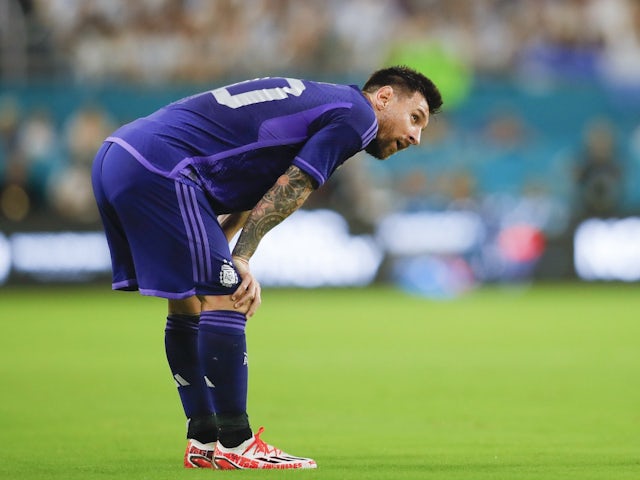Just got back, and we already don’t know how to get out. It is that this year … “we … are at war”. Sorry. We are at war again. Three years ago it was against a warlike virus … This time we don’t even know who it is against. It cannot be against a state, because constitutionally (Article 35) Parliament should have been informed and authorized or ratified it… So, for the moment, the mystery remains complete on our aggressor. But apart from this “detail”, the important thing is to know that “we are at war”. Of which act, and therefore, in this case, a small review of the morale of the troops is essential.
Not military troops, of course, whose numbers have steadily dwindled over the past twenty years and whose budget has plummeted from over 6% of GDP in the 1960s to 1.8% (!) In 2021, but civilian troops . How come ? because if we want to carry out this allegory of war, the first victims of a war and the prime mover of the war effort are the civilian populations.
READ ALSO
Pôle emploi: a new site to see the most sought-after jobs near you
Hence the question: where is the moral, and the commitment in the company, at work?
I will no longer raise the mystery: it is at a minimum. At least in Europe. In its report entitled State of the Global workplace 2022, the Gallup Institute has, as every year, questioned the employees of more than 110,000 companies in 96 countries and measured, among other things, an essential fact: commitment to work. In other words, not the quantity (the number of hours spent in the office, or at home behind the screen, or outside the construction site or in the factory – for what remains -), but qualitative: we are really “committed” to the realization of our work? Without going into the details of this report of over 170 pages that can be consulted at will on the Gallup website, the hierarchy of work commitments is as follows:
The main economies are the USA and Canada, followed by Asia Pacific. Europe is in the queue. Unsurprisingly, levels of engagement at work are low everywhere: 33% of employees are “committed” to what they do in the US and Canada, compared to … 14% in Europe. And in Europe, at the bottom of the group are French employees (followed only by Italians leading in the queue) with only 6% of employees feeling engaged in their work.
READ ALSO
Business: Job creation declined in the second quarter
We can certainly argue about it indefinitely, but it is also true that the economic strength of a nation is closely related to the ability of its leaders to give populations not only jobs (the obsession with the famous unemployment statistics, and again … only categories A … made up of 88% of temporary temporary contracts), but a sense, an achievement, in the work they do.
Nor can we fail to see a clear correlation between these differences in levels of commitment to work and the results of globalization. The “winners” of globalization (North America, Asia) have employee involvement rates, and therefore satisfaction, 3 times higher than the “losers” and primarily in Europe. In fact, per capita GDP in 2001 (when China joined the WTO) was $ 35,000 for the US, $ 28,000 for France and $ 1,500 for China. In 2020 the USA rose to 65,000 dollars (therefore practically doubling), China to 12,000 dollars and therefore saw the production of wealth per capita multiply by almost 10 times … and France, in the same period, rose to $ 38,000, a limited increase of 35% in 20 years.
READ ALSO
The Pôle emploi plans to reduce recruiting tensions
In an era in which the Roman otium seems to be back in fashion, due to lack of significant use (the otium in Rome in ancient times was a form of idleness, in a certain sense a precursor of the “right to laziness”), it should also be remembered that the advent of the otium preceded for almost a thousand years the decline and then the fall of Rome as well as the subsequent eclipse of the West.
Georges Nurdin, economist, international consultant, essayist and writer (Emerging multinationals, International Corporate Governance, Le temps des turbulences, Wanamatcha !, La prophétie des pétroglyphes).
–
Get our latest news
Each morning, the information to remember on the financial markets.


